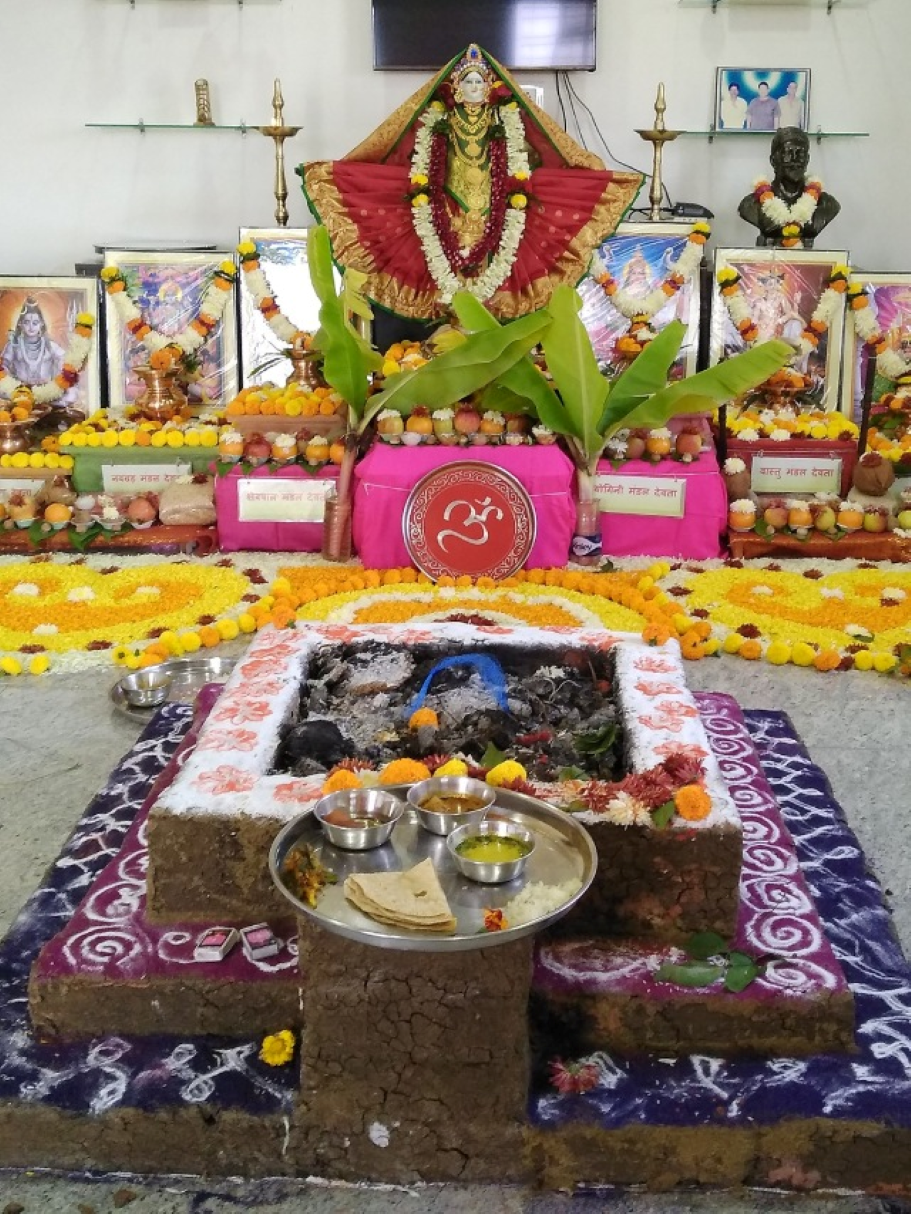

Shanti Puja
Invoke your peace and tranquility
"Shanti Puja" is a Hindu ritual that is performed to invoke peace and tranquility. The word "Shanti" translates to peace in Sanskrit, and the puja (ritual) is dedicated to seeking blessings for harmony, well-being, and tranquility in one's life. It is often conducted to mitigate or prevent any negative influences or disturbances and to create a positive and peaceful environment. The Shanti Puja can take various forms and may involve the worship of different deities depending on the specific purpose. Commonly, it includes the chanting of mantras, performing rituals, offering prayers, and sometimes involves the recitation of Vedic hymns or scriptures. The puja may be performed on various occasions, such as before important events, ceremonies, or during challenging times to seek divine intervention and blessings for a peaceful outcome.
When to Perform Shanti Puja?
Shanti Puja can be performed during major Hindu festivals like Diwali, Navaratri, or other auspicious occasions when the divine energies are believed to be heightened. Individuals may choose to perform Shanti Puja on dates that hold personal significance, such as birthdays or anniversaries.
Duration
Generally, Shanti Puja can range from 30 minutes to a few hours.
Required Pooja Samagri
- Haldi
- Sandalwood (Chandan)
- Camphor
- Sandalwood Paste
- Incense Sticks (Agarbatti)
- Coconuts
- Flowers
- Rice
- Betel Leaves
- Sweets
- Kumkum
- Silver or Gold Coin
Notes
Other requirements include Ganga Jal, Havan Samagri, Shankha, Red Thread, Durba Grass, Bowls, Plates, Navgraha Yantra and colours and flowers to decorate the Rangoli and the house.
Benefits of Puja
It is believed that by seeking the blessings of deities associated with tranquility.
Shanti Puja is often performed before events or during challenging times to remove obstacles.
The puja may be conducted to counteract the effects of negative energies.
Families often perform Shanti Puja to promote harmony and unity among family.
Engaging in Shanti Puja is seen as a means of spiritual practice.
Performing Shanti Puja before important life events, such as wedding ceremonies.
